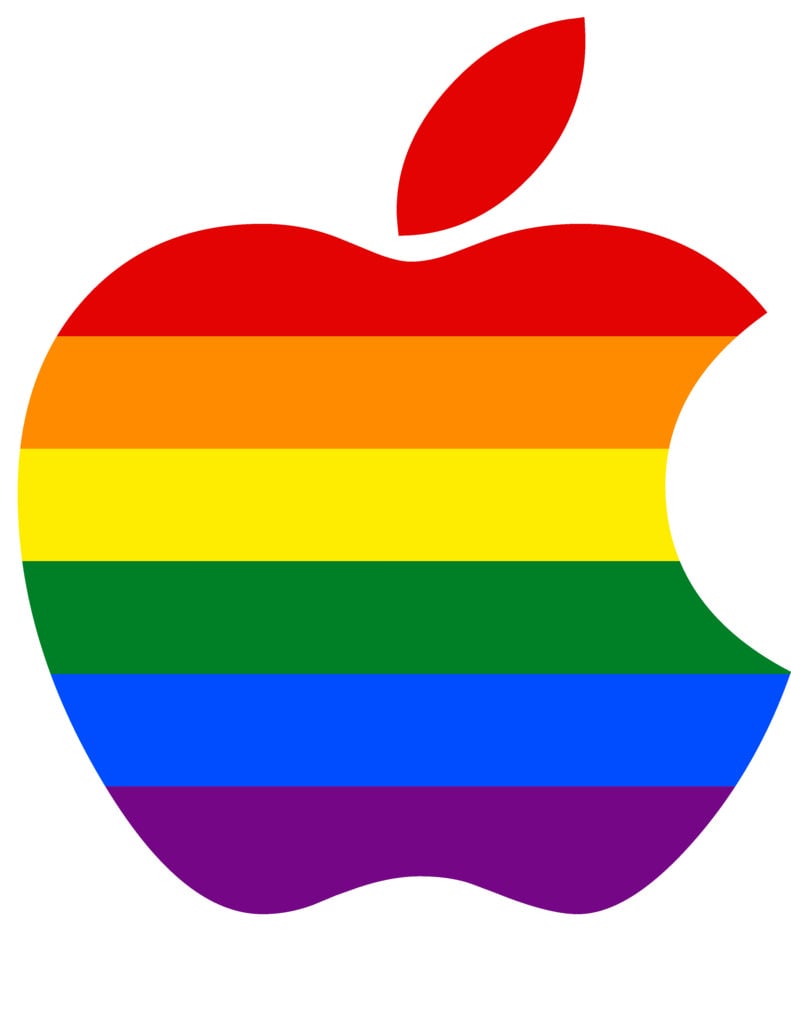Apple’s ongoing dispute with the FBI over whether to develop a key that would allow free reign on guessing a locked iPhone password has inspired some compelling arguments from both sides. On the one hand, allowing the FBI to unlock iPhones would give them more evidence when it comes to pursuing threats to public safety. On the other hand, Apple’s stringent encryption standards make it a lot harder for private information to fall into the wrong hands — and that’s of particular concern for marginalized communities, such as LGBTQIA folks.
Did you know that there are 32 states in the US where it’s legal for employers to discriminate against LGBTQIA employees? In many other countries, that discrimination often goes much further; according to the Stop Homophobia initiative, there are 76 countries “with criminal laws against sexual activity by lesbian, gay, bisexual, transgender or intersex people.”
In other words, LGBTQIA people in those countries are required by law to remain closeted and abstinent — which means complete isolation. Naturally, many people in that situation use the anonymity of the internet to get around these discriminatory laws. If they lose their phone, so long as it’s password-protected, they don’t need to live in fear of the authorities breaking into that encryption and discovering their “criminal” activity. If the authorities had the ability to break that encryption, however, it would take away the only haven available to LGBTQIA folks.
That’s just one of many extreme scenarios that could result from Apple getting forced into creating a key for encrypted phones. As Apple’s CEO Tim Cook put it, “Even if that key were in the possession of the person you trust the most, that key could be stolen.” Motherboard gives several more examples of what might unfold, should that encryption key end up in the wrong hands:
LGBTQ people, particularly transgender folks and people of color, face alarming rates of targeted violence, housing and job discrimination, school and workplace bullying, and mistreatment by law enforcement. In the majority of US states, for example, you can still be legally fired just for being gay …
Terrifying real life examples abound, like the teacher who was targeted by for being gay, and later fired, after his Dropbox account was hacked and a sex video was posted on his school’s website. Or the time a Russian gay dating app was breached, likely by the government, and tens of thousands of users received a message threatening them with arrest under the country’s anti-gay “propaganda” laws.
One could argue that this is a problem with the laws, and not with encryption — but even in a world in which no laws against LGBTQIA folks existed on the books, stalkers and harassers could still misuse Apple’s key to harm others. Knowing the huge potential for misuse, it’s hard for me to see the FBI’s side of things at this point. What do you all think?
(via Motherboard, image via Flickr)
—Please make note of The Mary Sue’s general comment policy.—
Do you follow The Mary Sue on Twitter, Facebook, Tumblr, Pinterest, & Google +?









Published: Mar 21, 2016 03:06 pm